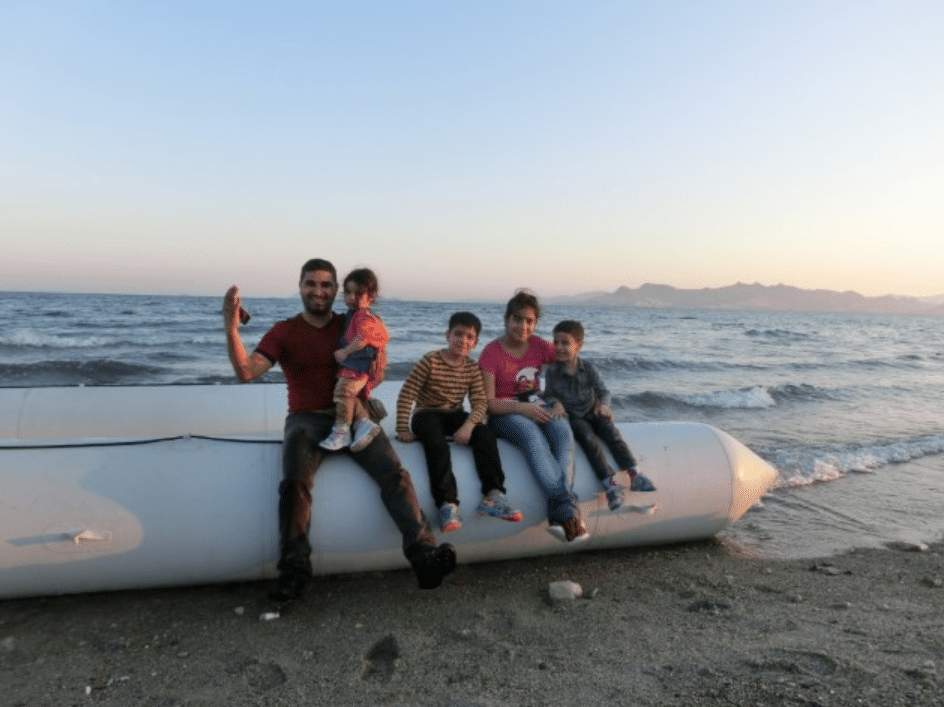
The external borders of the European Union have come under increased scrutiny in recent years, especially with what has become known as the ‘refugee crisis’. New situations of humanitarian suffering have emerged, outside, along and inside the European borders, in different ways related to the difficulty or impossibility for some individuals to cross these borders.
This has led to the emergence of new ‘humanitarian spaces’ alongside the border security agencies with a mandate to control the borders, as well as inside Europe. These new ‘humanitarian spaces’ differ in many ways from how they have been understood traditionally in the global borderlands. This project examines these new humanitarian spaces, and how they in different ways are due to and how they relate to border regimes and the politics destined to govern mobility.
This project takes a global scope to understand the role of borders in humanitarianism, and the European Union and the ‘refugee crisis’ as a specific case to study the new issues that arise.
By investigating these issues through a multidisciplinary approach, at the core of contemporary humanitarianism, the project will contribute to further developing the emergent thematic sub-field of a Political Sociology of Humanitarianism.